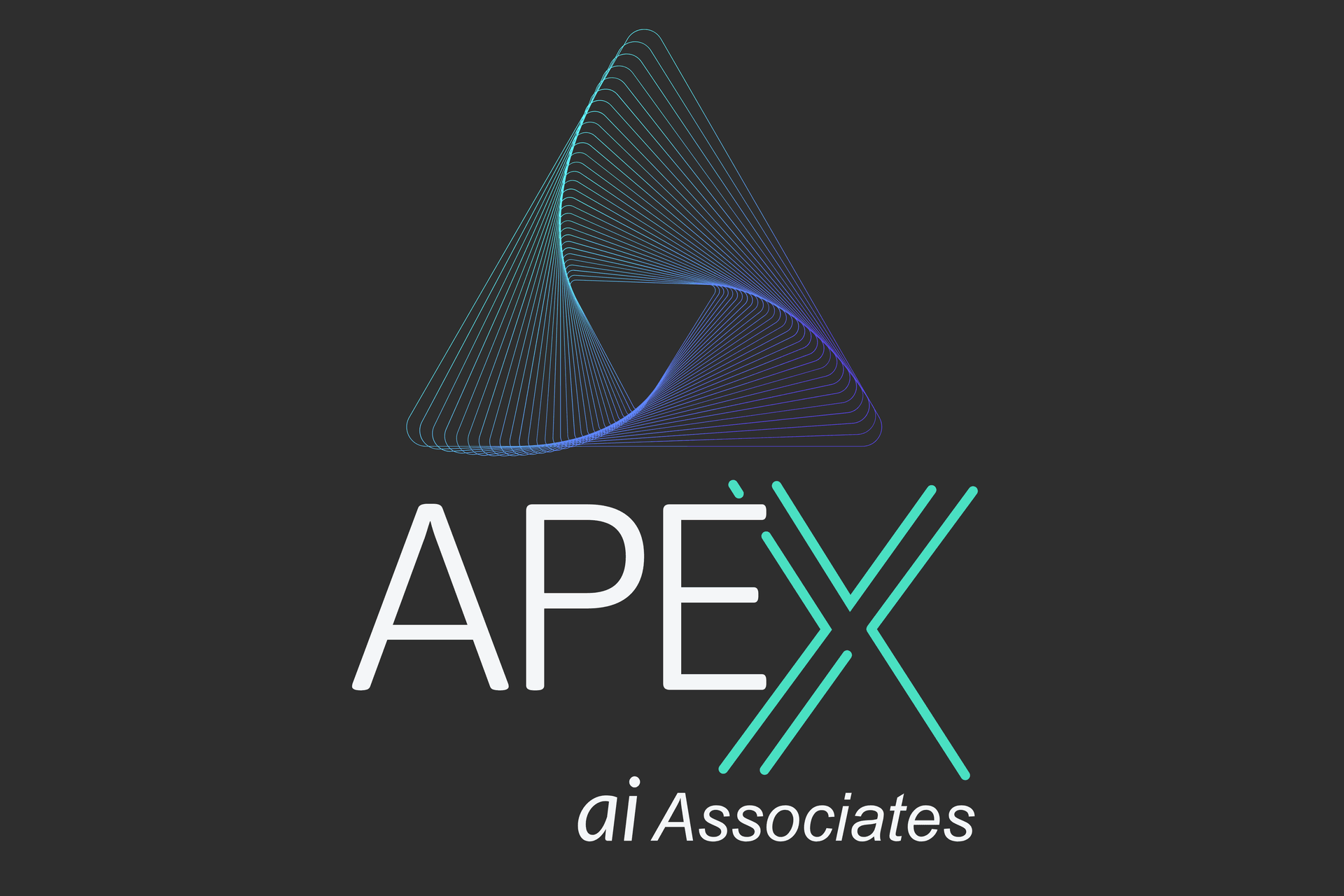Understanding AI Trends: What Businesses Need to Know Now
Introduction to AI Trends
The rapid evolution of Artificial Intelligence (AI) is reshaping industries and redefining how businesses operate. Understanding the latest AI trends is crucial for businesses aiming to stay competitive in today's fast-paced market. By leveraging AI technologies, companies can enhance efficiency, improve customer experiences, and unlock new growth opportunities.
In this post, we will explore key AI trends that businesses need to be aware of now, providing insights into how these innovations can be effectively integrated into existing business strategies.

AI and Automation
One of the most prominent trends in AI is the increasing use of automation across various sectors. Automation powered by AI can streamline operations, reduce human error, and cut costs. From chatbots handling customer service inquiries to automated financial reporting, AI is enabling businesses to automate repetitive tasks, allowing employees to focus on more strategic activities.
Businesses should consider integrating AI-driven automation tools to enhance productivity and improve operational efficiency. This shift not only optimizes workflows but also drives innovation by freeing up resources for creative problem-solving.
Machine Learning and Data Analysis
Machine learning, a subset of AI, is transforming the way businesses analyze data. By using algorithms that learn from data patterns, machine learning provides deeper insights, enabling companies to make more informed decisions. This technology is particularly valuable for predictive analytics, helping businesses forecast trends and customer behavior.
Companies can leverage machine learning to enhance customer segmentation, personalize marketing efforts, and optimize supply chain management. Incorporating machine learning into business processes can lead to significant competitive advantages.

AI in Customer Experience
Enhancing customer experience is a top priority for many companies, and AI is playing a pivotal role in achieving this goal. From personalized recommendations on e-commerce platforms to virtual assistants providing instant support, AI-driven solutions are making customer interactions more seamless and engaging.
Businesses should focus on implementing AI tools that enhance customer satisfaction and loyalty. By harnessing AI's ability to analyze customer data, companies can tailor their offerings to meet individual preferences and needs.
Ethical Considerations and AI
As AI continues to evolve, ethical considerations have come to the forefront. Businesses must navigate issues such as data privacy, algorithmic bias, and transparency. Ensuring that AI systems are designed and implemented ethically is crucial for maintaining customer trust and compliance with regulations.
Companies should establish clear guidelines for ethical AI use and invest in training employees on responsible AI practices. By doing so, they can mitigate risks and foster a culture of ethical innovation.

AI Integration Strategies
Successfully integrating AI into business operations requires strategic planning and execution. Businesses should start by identifying areas where AI can add the most value and develop a roadmap for implementation. Collaboration between IT departments, data scientists, and business leaders is essential for seamless integration.
Investing in scalable AI infrastructure and fostering a culture of continuous learning can help organizations adapt to AI advancements. By staying informed about emerging technologies and trends, businesses can position themselves as leaders in the digital age.
In conclusion, understanding and embracing AI trends is vital for businesses looking to thrive in an increasingly digital world. By leveraging these technologies strategically, companies can enhance productivity, improve customer experiences, and drive sustainable growth.
